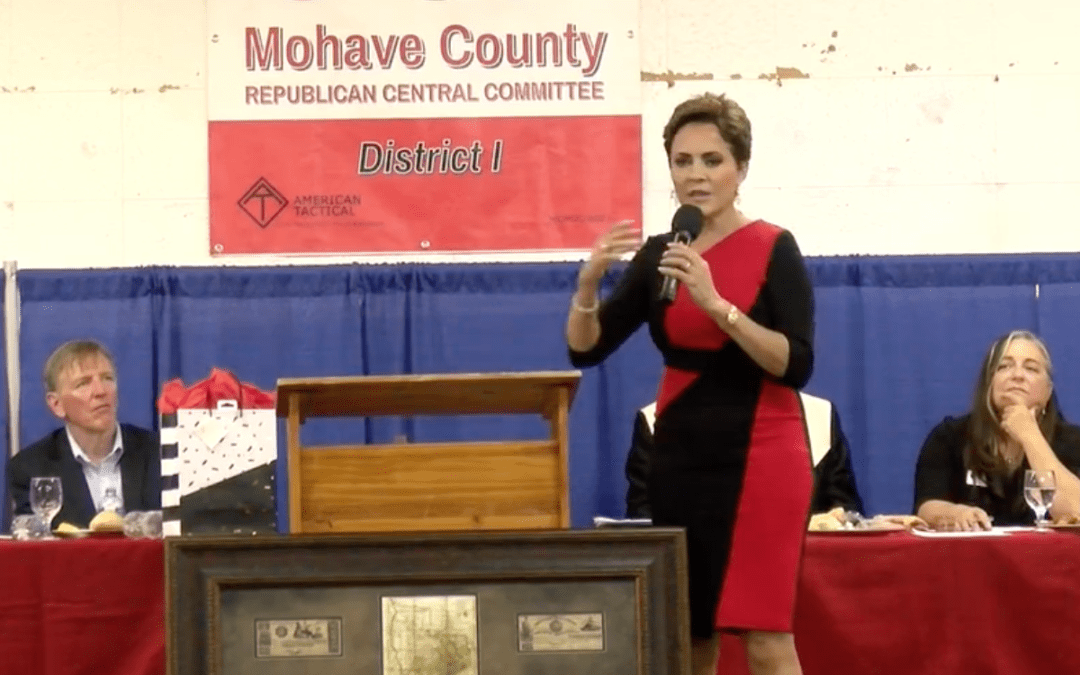More than 15,000 consumers have lost an estimated $12 million in coronavirus-related scams.
A coalition of local, state, and federal law enforcement officials have developed a new initiative to address a rise in fraud attempts relating to the current health crisis.
Arizona Attorney General Mark Brnovich and U.S. Attorney Michael Bailey unveiled the COVID-19 Fraud Task Force on Wednesday. The effort involves more than a dozen local, state, and federal agencies.
“In times of crisis, the best of humanity is often evident as people support one another and unite together to fight a common enemy,” Michael Bailey said, according AZFamily. “Unfortunately crisis can also be a time when the worst parts of humanity surface. This Task Force will seek out and punish scam artists who prey on the fear and uncertainty of our citizens during this public health crisis.”
Since January 1, the Federal Trade Commission has received more than 15,000 consumer complaints related to coronavirus scams. The commission estimates that consumers have been defrauded out of nearly $12 million.
In an effort to inform the public and help authorities catch the coronavirus con artists, the Attorney General’s office has set up a scam information and reporting website. Advice to consumers includes the following tips:
- Do not respond to texts, emails, or calls requesting your personal information in exchange for a COVID-19 stimulus check. If you receive one of these requests, immediately report it to the hotline. COVID-19 economic impact checks will be delivered based on 2018 or 2019 tax return information, so no action is required for most people.
- Ignore offers for a COVID-19 vaccine, cure, or treatment. Remember, if there is a medical breakthrough, you won’t hear about it for the first time through an email, online ad, or unsolicited sales pitch.
- Research any charities or crowdfunding sites soliciting donations in connection with COVID-19 before giving. An organization may not be legitimate even if it uses words like “CDC” or “government” in its name.
- Be cautious of purchasing personal protective equipment (PPE) from unknown third-party vendors. Verify that the company is legitimate before ordering their products or sending money.
- Never click on a link or open an email attachment from an unknown or unverified source. Links and attachments may be embedded with a virus that will infect your computer or mobile device. To better protect yourself against malware, make sure your anti-virus software is operating and up-to-date.
- Do not be convinced by sales pitches for COVID-19 tests that promise to give results in as little as 24 hours. If an effective, quick-results test becomes widely available, you will find out through news sources and government reporting, not a sales pitch.
Anyone who believes themselves to have been targeted for fraud are encouraged to contact the National Center Disaster Fraud Hotline at 1-800-720-5721, and to file a complaint with the Attorney General’s Office.
Politics

Kari Lake calls on Arizona county sheriffs to enforce 1864 abortion ban
Republican candidate for US Senate Kari Lake on Saturday seemed to solidify her support for Arizona’s total abortion ban and called on county...

VIDEO: Arizona Rep. Greg Stanton ‘We will not stay silent’ on abortion ban
@coppercourier "Under this extreme law, women will die, and their doctors and nurses will be criminalized. This cannot stand," Rep. Greg...
Local News

6 terrifying things that could happen if the Comstock Act is used to target abortion
Does 1873 sound like a really, really long time ago? Well, that’s because it is—but if Republicans and far-right anti-abortion activists have their...

ASU football slapped with probation due to violations during Herm Edwards era
The violations described in the NCAA statement include impermissible in-person recruiting contacts while the state of college athletics was...





